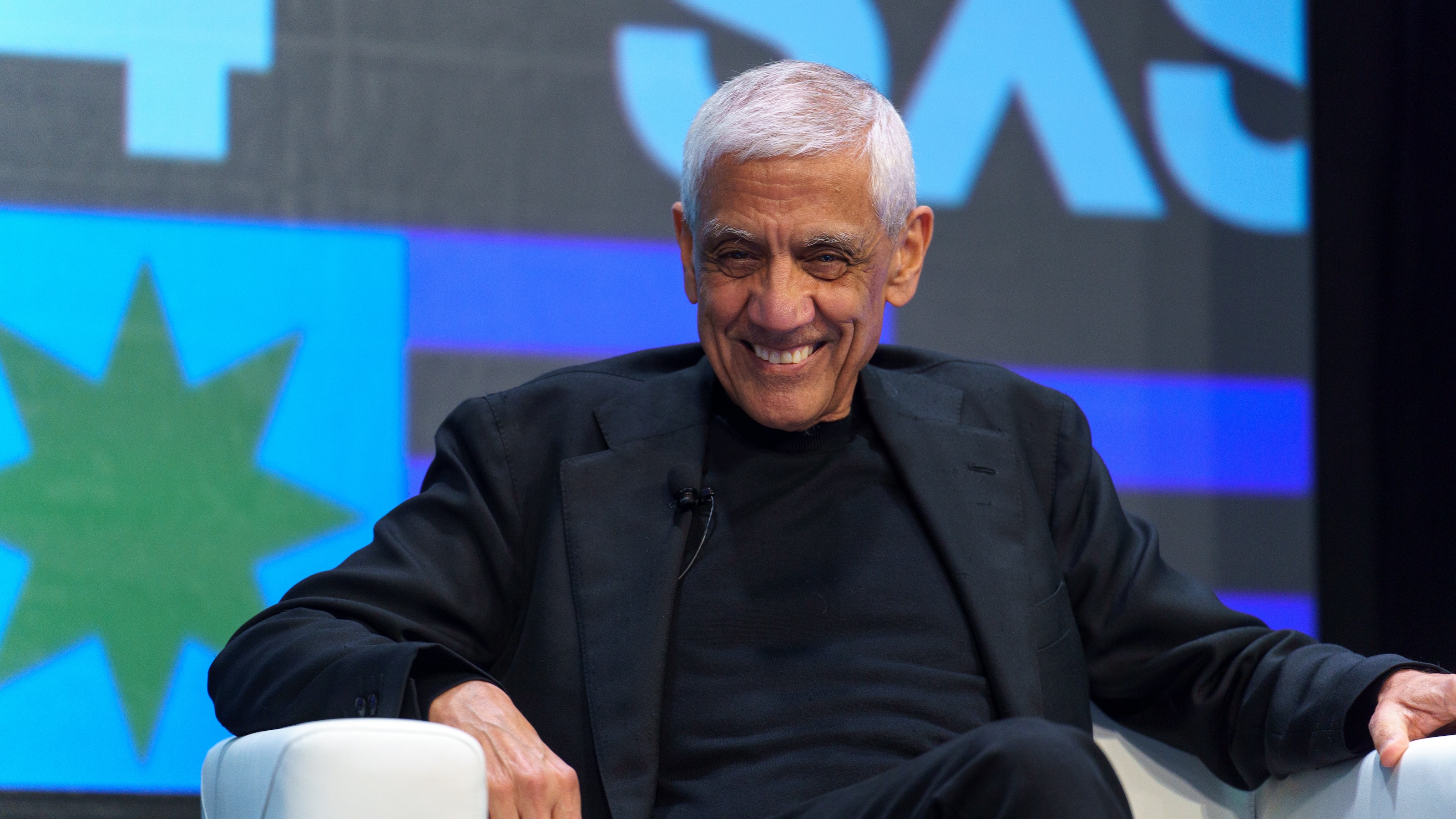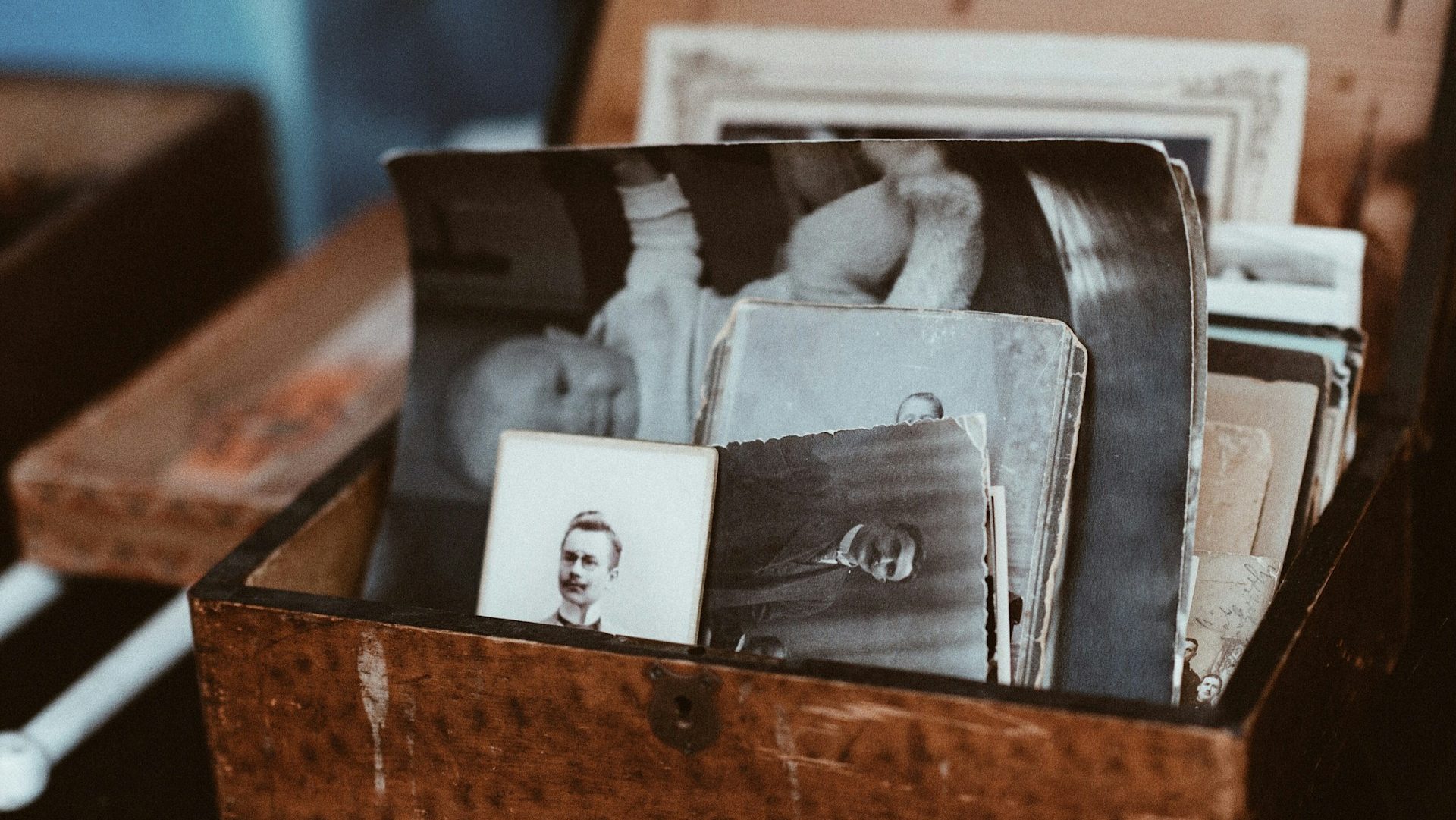As a young child, Edward Hirsch mistook Emily Bronte’s work for his grandfather’s.
Question: What was the first thing you read that made you want to become a poet?
Edward Hirsch: When I was eight years old my grandfather died and I knew that he had written poetry because I used to see him writing poetry in his books and I was very close to him. And after he died I went down to the basement of my family house where my family kept books, anthologies and things and there was an anthology without any names attached to it and I read a poem called Spellbound and I somehow attached it to my grandfather’s death and I thought my grandfather had written it. In fact, I was sure he had written it and it was a great consolation to me and something planted in my mind that you could write poetry, that you could read poetry, that poetry could somehow console you. I didn’t sit down then and start writing poems, but it was in the back of my mind.
Now, when I was in high school I was leafing through an anthology that our teachers had given up and I found a poem, I go, “That’s so strange. This poem looks so much like my grandfather’s poem.” Then I found another one, grandpa’s poem. It turned out it had been written by Emily Brontë and it wasn’t my grandfather’s poem at all, although my response to it, I think, was pretty much the same, I just had the author wrong. But, that was the beginning, though I didn’t start writing until I was in high school and when I was in high school I really began to write poetry with great energy and enthusiasm.
Question: When did you begin showing people your poems?
Edward Hirsch: When I was in high school I used to show them to my sister and I thought everything I wrote was so great and my poor sister who is a year younger than I am couldn’t understand them at all. But, she was enthusiastic about my writing them. When I was a freshman in college I went to Grinnell College in Iowa. I brought my poems to my freshman humanities teacher whose name was Carol Parsinan, a wonderful teacher. And Carol did a really great thing for me. She taught me more than anyone. She somehow read my poems and came back to me and convinced me that I could be a poet, that I had the passion and the enthusiasm and the creativity to become a poet, but that what I was writing was not poetry because I was just expressing my feelings and I wasn’t try to make anything.
The oldest word for poetry in Greek is “poesis,” which means making. A poet is a maker and a poem is a made thing. And Carol somehow convinced me that I could become a poet but that I was not writing poetry and that I would have to try and make something to write poetry. I started then to try and shape something rather than just express it and when I started to shape something and to imitate other poems that were written by other people, when I had tried to integrate my reading and my writing I was on my path. I guess that would have been 1968. I was a freshman in college and I wasn’t writing good poems, but I was at least trying to write poems then.
Question: What is the best way to learn how to write poetry?
Edward Hirsch: There's been no poet, no great poet in the history of poetry who hasn’t also been a great reader of poetry. This is sometimes distressing to my students when I tell them this. Now, I do say, “It’s possible. You might be the first. I’m not saying it’s impossible, but the odds are very much against you.” All great poets have been great readers and the way to learn your craft in poetry is by reading other poetry and by letting it guide you.
A great model for this is the way that Dante calls on Virgil at the beginning of The Inferno, The Divine Comedy, to help guide him through the underworld. And, in a way, that’s also a recognition that Dante needs Virgil and that the Inferno needs the Aeneid and that the epic needs a model and that for Dante to write this great poem he needs someone to come before him and he turns to Virgil’s text, especially book six where Aeneas goes down into the underworld. And for me, that’s a model of the poet’s relationship to previous poetry, to another poetry as calling out for guidance.
Question: Which poet stands out as your model?
Edward Hirsch: There are many poets that use as my models. In my first book of poems, I had several for the “Sleepwalkers,” I had several poems that were apprentice poems like this in which I take a walk with a poet who is no longer alive. One of them is I walk with Federico Garcia Lorca around the Upper West Side in Manhattan because that was a neighborhood he lived in and I imagine walking around Paris with Cesar Vallejo, a great Peruvian poet who lived in Paris. And I kind of create the walk as a kind of drama of my apprenticeship.
Now, it is true that I think one of the things that distinguished my work from the beginning when I was in college was my turning towards poetry from other countries. That I didn’t ever consider poetry the province exclusively of English and American literature and I discovered a great amount in reading Polish poetry and other Eastern European poetry and reading Russian poetry and reading Latin American and Spanish poetry and I’ve always found models in those other poetries of poets who could help me on my path.
Question: How did your childhood shape your poetry?
Edward Hirsch: I think it shapes it in very deep ways that you don’t entirely understand. Rainer Maria Rilke said there are two inexhaustible sources for poetry. One is dreams, and the other is childhood. I think childhood is an inexhaustible source of your becoming who you will be and certain deep feelings are set inside of you. A certain construct of emotions that really define who you are and who you will become and I feel very much that my childhood is very alive inside of me, very close to me, very much part of me. And it’s a sometimes painful, sometimes joyous inexhaustible resource for poetry. And a lot of poetry is putting yourself back into the state of wonder that you have before things when you’re a child. It’s not only a joyous wonder, it’s sometimes a grief stricken wonder.
I have the idea that lyric poetry is a poetry that’s driven by a sense of the presence of death. That there's something unbearable about the fact that we’re going to die and that we can’t stand it and I think you find that out in childhood and you don’t really - at least I found it out in childhood and I found it hard to get over and now I’m 60 years old and I still find it hard to get over. And I think it’s one of the things that drive lyric poetry, our sense of mortality. Our sense that things are transient, that everything is passing and then if you want to save something from the endless flux of experience and the world’s movement, you have to set down a stake and try and make something that will last.
Recorded on February 4, 2010





